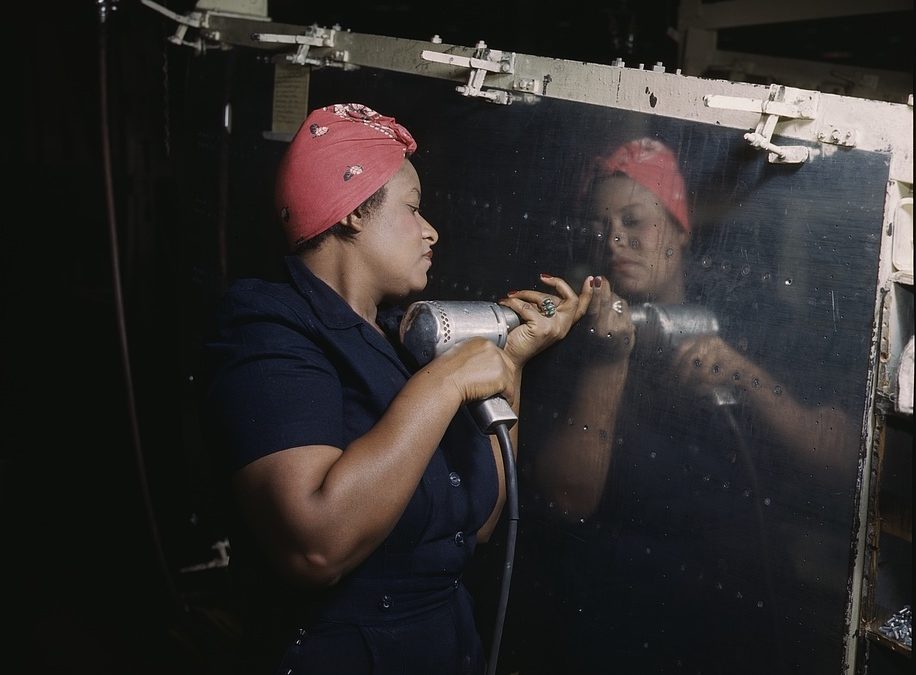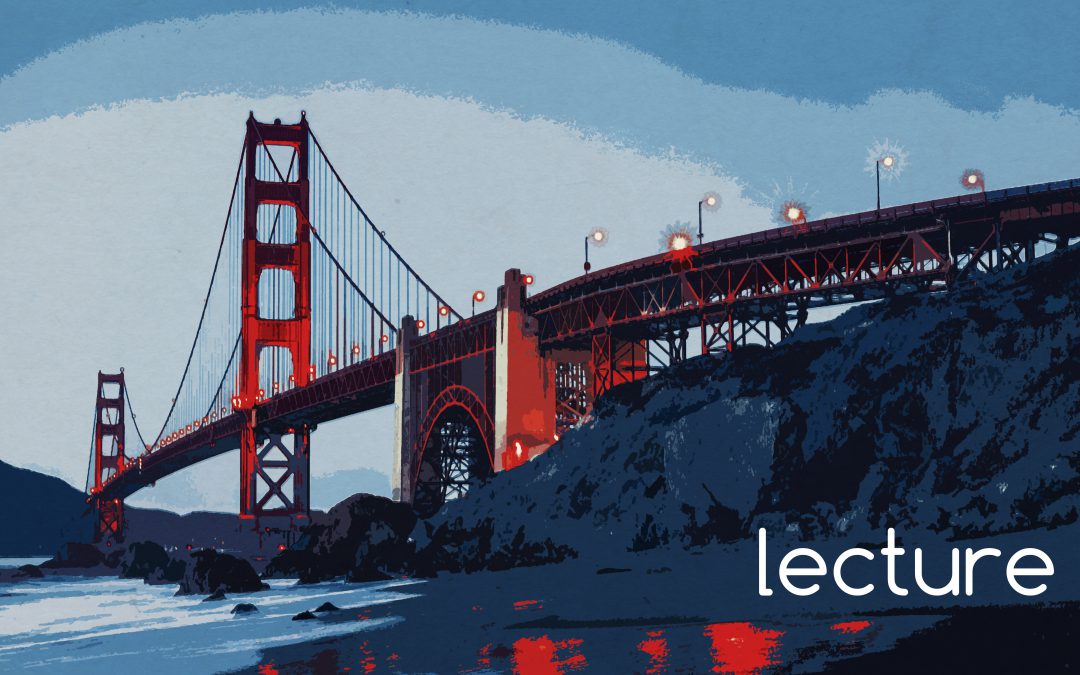
News
The conference on February 11–12 brought together scholars working on labor and capital in U.S. history for virtual panels. Don’t worry if you missed it, you can now stream or download recordings!
For more information and podcast/download links, click here to go to the conference site. (more…)

Conferences
Dear colleagues,
this year the annual conference of the historians within the GAAS/DGfA must move online. We hope you will join us for the meeting on Zoom on February 26, 2021. (Links will be posted here closer to the time of the event.)
Conference Program
14:00 CET
Introduction
14:30–16:00 CET
Keynote
Julie Greene
“Workers of the World: U.S. Empire, Class, and Capitalism”
followed by responses by Andreas Etges and Mischa Honeck
(15 minute break)
16:15–17:45 CET
Keynote
Eileen Boris
“Neither Free Nor Slave: Migrant Domestic Workers, The Employment Agency, and Reproductive Labor Under Capitalism”
followed by responses by Britta Waldschmidt-Nelson and Silke Hackenesch
(15 minute break)
18:00–19:30 CET
Business Meeting
Login Information (For keynotes only. The business meeting will be held for eligible members, who have received separate communication about it.)
Time: 26. Feb., 2021, 02:30 PM Amsterdam, Berlin, Rom, Stockholm, Wien
Enter meeting here:
https://zoom.us/j/95103004782?pwd=cUQxdjRCankrUCtXNjkzK2ZMbGJVQT09
Meeting-ID: 951 0300 4782
Meeting code: 767100

Events, Lectures, News
Elizabeth J. West
(Georgia State University)
June 25, 2019
4 p.m.-6 p.m., Philosophicum I, P207
From 1739–1748 the centuries long dispute between Britain and Spain over contested territories in present day Florida and Georgia heightened into the conflict that became known as The War of Jenkins’s Ear. This land based dispute spilled over into the high seas as both sides seized one another’s ships across the Atlantic. While the captors seized and claimed all goods and merchandise, what fate awaited the passengers of these unfortunate ambushes at sea? In the case of one Heinrich Süsstrunck (later Sistrunk), emigrating from his Swiss-German home in 1743, it meant a two year stopover in Cuba before he and the other captives would be rescued and delivered to South Carolina in 1746.
There is a glaring irony in the story of Heinrich. Captured at sea, taken to a foreign destination and held captive for two years, he arrived in Charleston a free man with an apprentice at his side. This point of arrival would begin a legacy of generations of white Sistrunks who would claim and enslave generations of blacks in the U.S. South. While Spanish adversaries may have held Heinrich captive in Cuba for two years, he left there indoctrinated into the new world plantation system and the reality that his whiteness was capital in this hemisphere. Though Spain and Britain were at odds over territories in the new world, Heinrich’s experience in Cuba and his acclimation by the time he arrived in Charleston speaks to the borderless trans-Atlantic world that was connected through slavery.
From the trajectory of Heinrich Sistrunk’s Cuban detainment and deliverance to South Carolina and the territorial expansion of his heirs, this lecture examines the borderlessness of the plantocracy of the Americas, and how this inter-colonial system laid pathways of contrasting generational fortunes for Heinrich’s heirs and the descendants of Shadrick and Francis, two of the many blacks recorded in nineteenth century Sistrunk slave ledgers.

Elizabeth J. West received her Ph.D. in English with a certificate in Women’s Studies from Emory University. Her teaching and scholarship focuses on spirituality and gender in early African American and Women’s Literature, and African Diasporic Literatures of the Atlantic World. She co-edits the Roman & Littlefield book series, Black Diasporic Worlds: Origins and Evolutions from New World Slaving. She is the author of African Spirituality in Black Women’s Fiction: (Lexington Books 2011), coeditor of Literary Expressions of African Spirituality (Lexington Books 2013). Her works can be found in critical anthologies and in journals such as MELUS, Amerikastudien, CLAJ, PALARA, JCCH, Womanist, Black Magnolias, and South Central Review. Her 2012 article, “From David Walker to President Obama: Tropes of the Founding Fathers in African American Discourses of Democracy, or the Legacy of Ishmael” was recognized among “Featured Articles” in American Studies Journals: A Directory of Worldwide Resources.
You can download the poster for the event here.

Events, Lectures, News
Elizabeth Tandy Shermer
(Loyola University Chicago)
May 14, 2019
4 p.m.–6 p.m. (c.t.), Philosophicum I, P207
Why do more than 44 million Americans now owe almost $1.5 trillion in student loans? Many want to blame the banks. But lenders actually fought the Senators, Representatives, and Presidents eager to make students finance their educations after World War II. Only when Congress revised the programs in the early 1970s to increase profitability did bankers embrace a financial sector that has become a pathway into poverty, not prosperity.
 Elizabeth Tandy Shermer is an Associate Professor of History at Loyola University Chicago specializing in the fields of capitalism, business, labor, political ideas and ideologies, regional development, and urbanization. Among her books and edited volumes are Sunbelt Capitalism: Phoenix and the Transformation of American Politics (University of Pennsylvania Press, 2013), Barry Goldwater and the Remaking of the American Political Landscape (University of Arizona Press, 2013), and The Right and Labor in America: Politics, Ideology, and Imagination (University of Pennsylvania Press, 2012).
Elizabeth Tandy Shermer is an Associate Professor of History at Loyola University Chicago specializing in the fields of capitalism, business, labor, political ideas and ideologies, regional development, and urbanization. Among her books and edited volumes are Sunbelt Capitalism: Phoenix and the Transformation of American Politics (University of Pennsylvania Press, 2013), Barry Goldwater and the Remaking of the American Political Landscape (University of Arizona Press, 2013), and The Right and Labor in America: Politics, Ideology, and Imagination (University of Pennsylvania Press, 2012).
You can download the poster for the event here.





 Elizabeth Tandy Shermer is an Associate Professor of History at Loyola University Chicago specializing in the fields of capitalism, business, labor, political ideas and ideologies, regional development, and urbanization. Among her books and edited volumes are Sunbelt Capitalism: Phoenix and the Transformation of American Politics (University of Pennsylvania Press, 2013), Barry Goldwater and the Remaking of the American Political Landscape (University of Arizona Press, 2013), and The Right and Labor in America: Politics, Ideology, and Imagination (University of Pennsylvania Press, 2012).
Elizabeth Tandy Shermer is an Associate Professor of History at Loyola University Chicago specializing in the fields of capitalism, business, labor, political ideas and ideologies, regional development, and urbanization. Among her books and edited volumes are Sunbelt Capitalism: Phoenix and the Transformation of American Politics (University of Pennsylvania Press, 2013), Barry Goldwater and the Remaking of the American Political Landscape (University of Arizona Press, 2013), and The Right and Labor in America: Politics, Ideology, and Imagination (University of Pennsylvania Press, 2012).